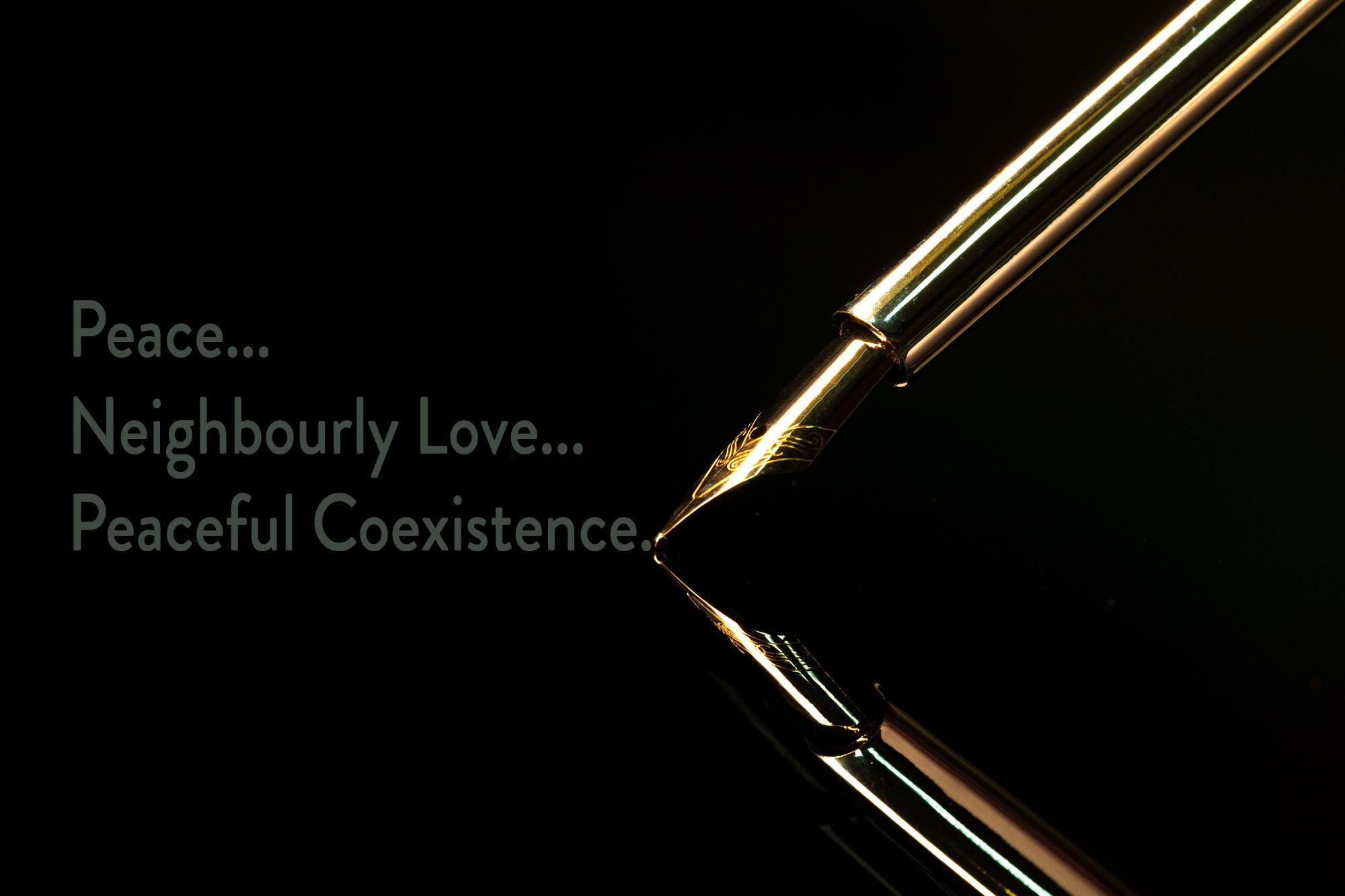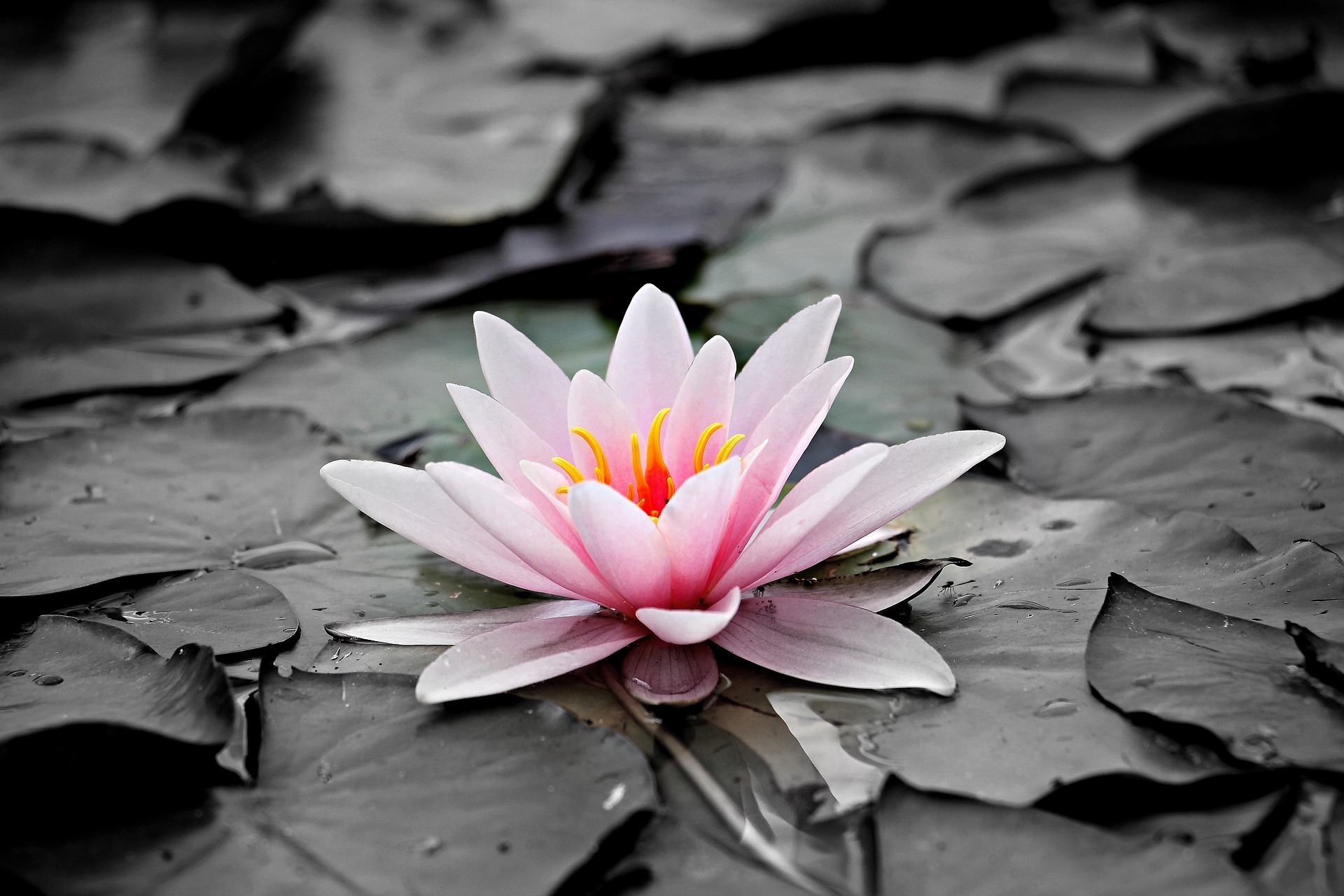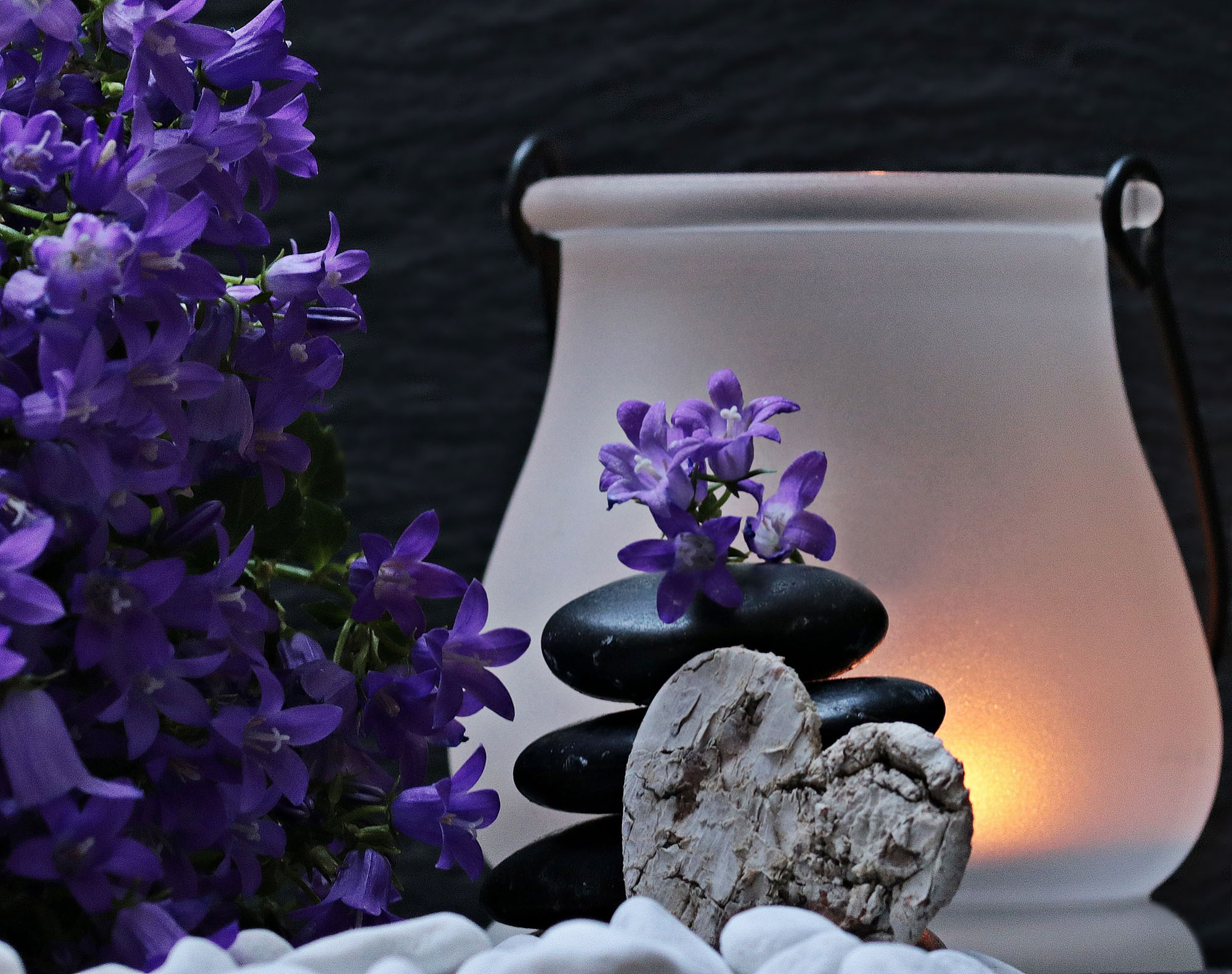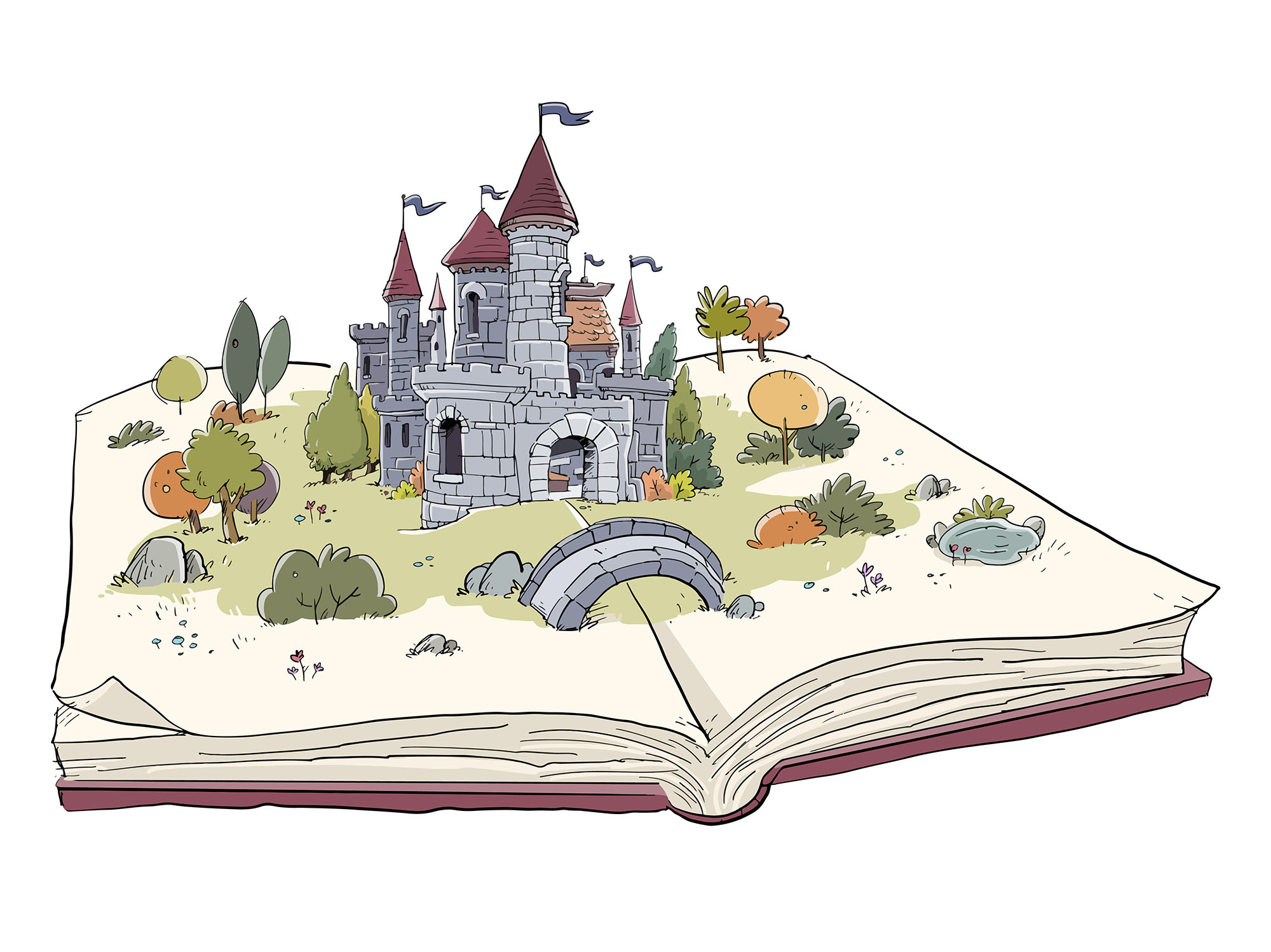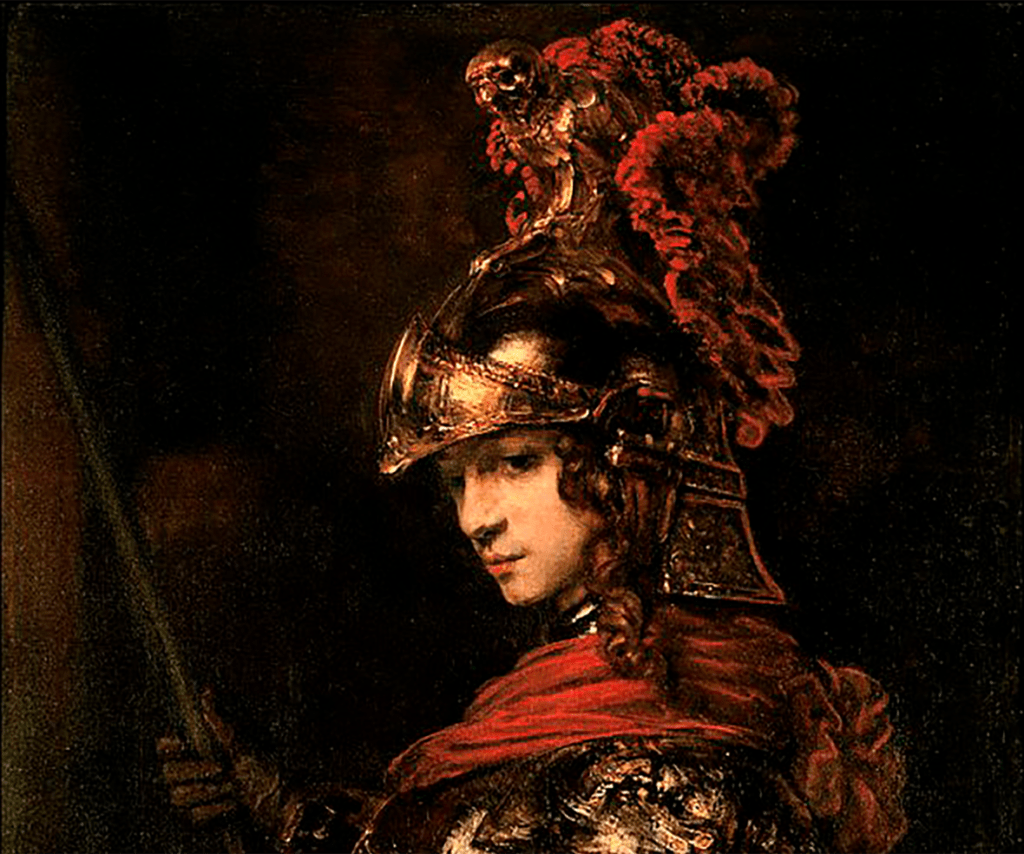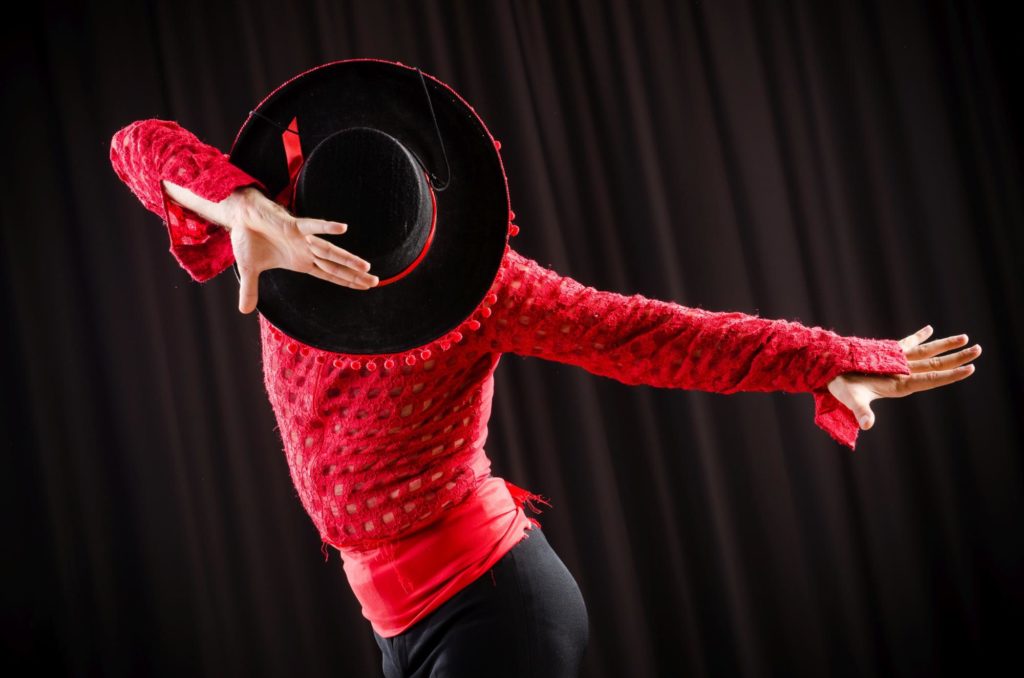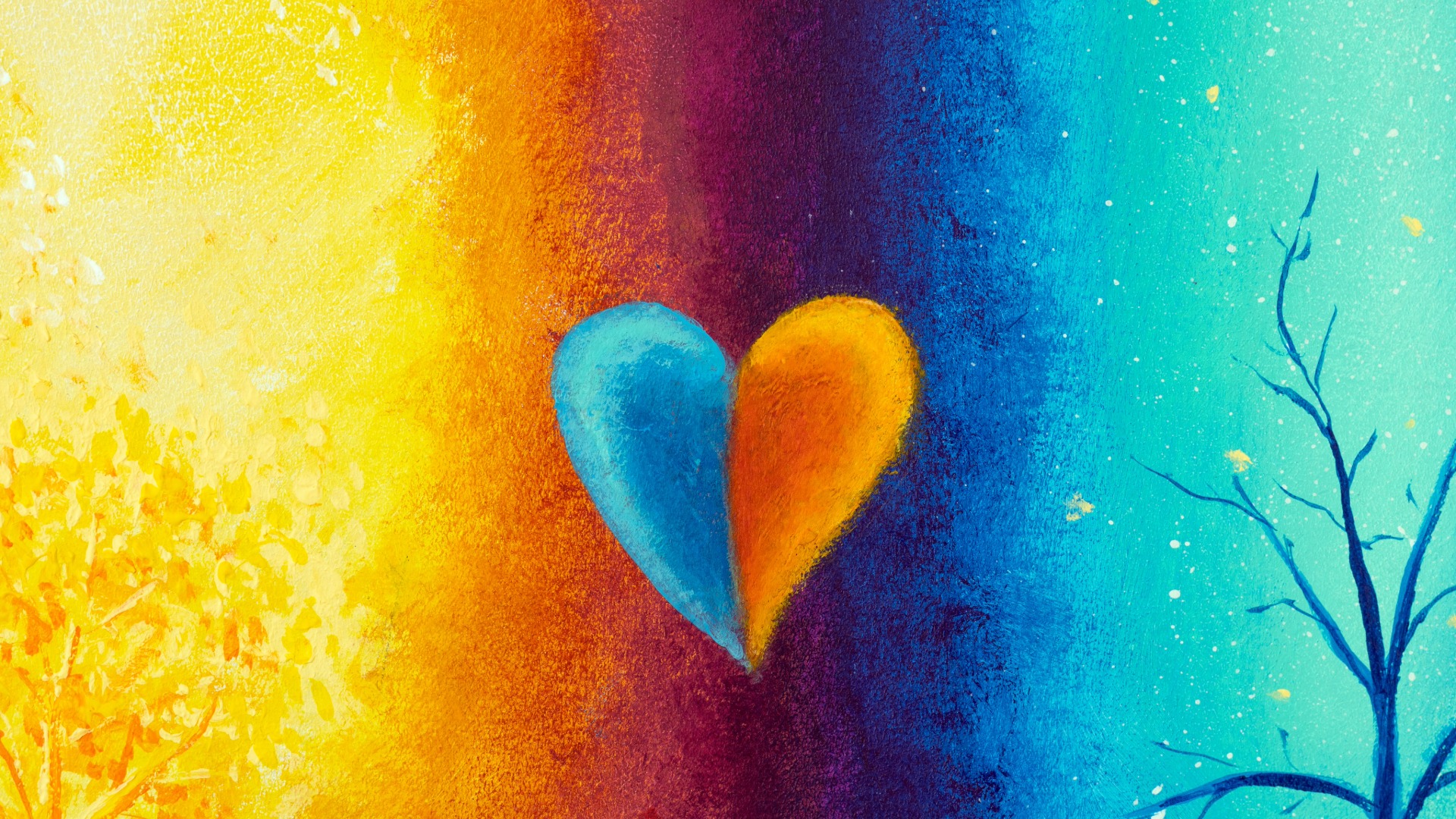
Sigmund Freud in many countries today is known to be the harbinger of truth as regards (among other things) sexuality or passionate love or bodily love, whichever term you prefer.
Contrary to traditional (religious) messages, he taught us that it is quite natural to feel the urge – even for women (!), “lo and behold”, it was, at the time – for a loving relationship of bodies…
Surprisingly, this took a while to get started for real as a general idea; around 50-70 years until the larger part of the population caught up with it; and until the idea found its way into marketing and movies… ’cause ‘sex sells’ (too).
The consequence seems to be that people get it confused with the fundamental human needs: those are the need for food and water, clothing and shelter. They are the basic needs we have to fulfill in order to survive.
Sex is not that type: It’s an urge, an impulse perhaps, less scientifically put – but not a need. You won’t die not having it, nor perish – and you will not become crazy – as long as you can feel it yet.
One or the other of my readers may feel disappointed: What, after all these years of hunting for and after it – no need?
Yes – or no. It’s not.
Of course, one may feel frustrated at times for the lack of a meaningful relationship of that kind: Passionate.
Sad, perhaps.
But, believe it or not 😉: you won’t die.
To me that’s another part of personal freedom: I can decide, every day. It’s not a need, an obligation or a gap to fill… it’s the snowy, fluffy top of a sweetmeat in the shape of whipped cream… 😉 or the icing to the cake… ‘nice to have’, but to me neither casual nor arbitrary nor to be had in any kind of ‘numbers’.
If you love for beauty
If you love for beauty,
O love not me!
Love the sun,
She has golden hair.
If you love for youth,
O love not me!
Love the spring
Which is young each year.
If you love for riches,
O love not me!
Love the mermaid
Who has many shining pearls.
If you love for love,
Ah yes, love me!
Love me always,
I shall love you ever more.
Friedrich Rückert, 1902 – Translation © Richard Stokes, author of The Book of Lieder (Faber, 2005), provided via Oxford International Song Festival, (oxfordsong.org)
